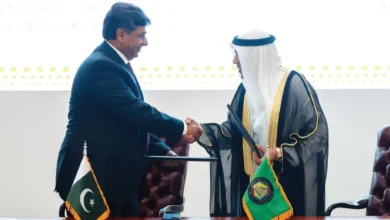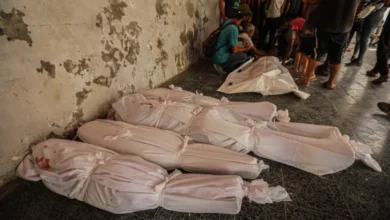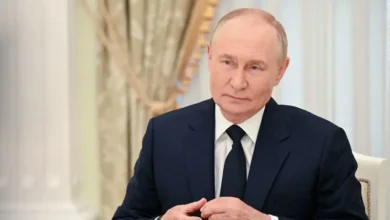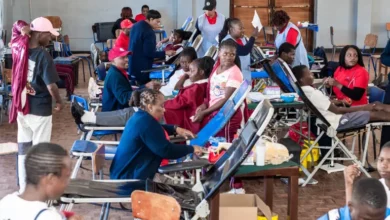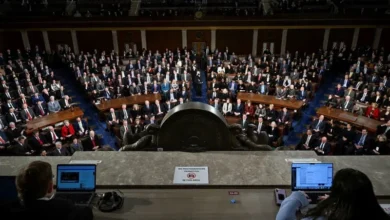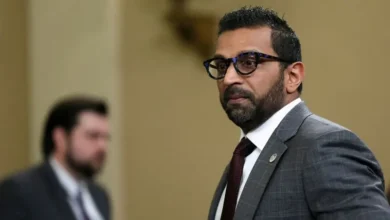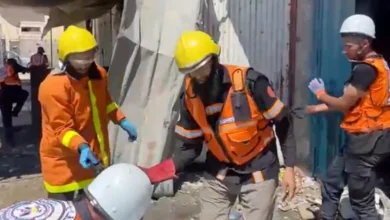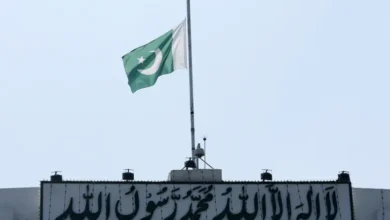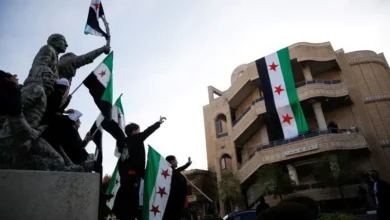US officials struggle to prevent what they said they didn’t want in the Middle East
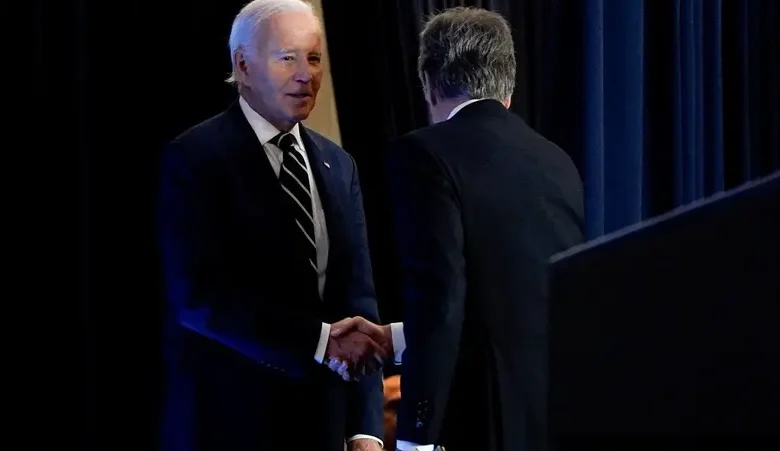
US officials from across the Biden administration have been in touch with international counterparts as they struggle to limit the spillover of the Gaza war into the region.
The top US diplomat, Antony Blinken, spoke with the Egyptian foreign minister on Monday. According to a State Department readout of the call, the two discussed the need for Lebanese leaders to “urgently address the country’s presidential vacancy.”
State Department Spokesman Matt Miller also said Blinken and Badr Abdelatty discussed Washington’s support for “Lebanese state institutions,” including the Lebanese Armed Forces (LAF).
Israel launched its fourth invasion of Lebanon last week – despite the US and Israel referring to it as a “limited ground operation” – to destroy Hezbollah’s infrastructure inside Lebanese lands.
Al Arabiya English reported last week that Biden administration officials now believe there is a chance to diminish a severely weakened Hezbollah further and allow more pro-West groups to re-enter the political scene in Lebanon and for the LAF to deploy along the Blue Line in more significant numbers.
However, the primary concern is that the Israeli operation may not be as limited as they say is intended. Israel invaded in 1978, 1982 and 2006 in a bid to clear the border area of Palestine Liberation Organization fighters before Iran formed Hezbollah and its militants took up positions in the south.
Israel has already called up additional battalions to the border.
But the Pentagon and State Department still assess Israel’s invasion to be “limited.”
“All indications are they continue to conduct limited, targeted operations across the border to remove attack infrastructure established by Hezbollah.
The airstrikes, of course, Israel has said they’re going after Hezbollah leaders,” Pentagon Press Secretary Maj. Gen. Pat Ryder told reporters on Monday.
Asked how Defense Secretary Lloyd Austin felt about Israeli strikes in the Lebanese capital of Beirut, including in close proximity to the only civilian airport in the country, Ryder said the Pentagon chief had been “very clear” about the importance of taking civilian safety into account and planning and conducting operations in Lebanon. “And that hasn’t changed. And that continues to be a topic of discussion between him and [Israeli Defense] Minister Gallant and will continue to be so going forward,” Ryder said.
However, State Department Spokesman Matt Miller said, “We are very cognizant of the many times in the past where Israel has gone in on what looked like limited operations and has stayed for months or for years.” Speaking to reporters during the daily press briefing at the State Department, Miller added: “Ultimately, that’s not the outcome that we want to see.”
Separately, the top US military general spoke to his Saudi counterpart on Sunday about the heightened tensions in the region.
“Both military leaders pledged to work together to prevent broadening of conflict within the Middle East,” Joint Staff Spokesman Jereal Dorsey said after the call between Gen. CQ Brown and Gen. Fayyad Al-Ruwaili.
The two also discussed threats posed by Yemen’s Houthis’ continuous attacks in the Red Sea against international shipping and free trade. Dorsey said Brown and Al-Ruwaili discussed ways to increase the strength of the bilateral relations between the two militaries.
“The US and Saudi Arabia share a longstanding partnership and are committed to peace and security in the Middle East region,” Dorsey said.
